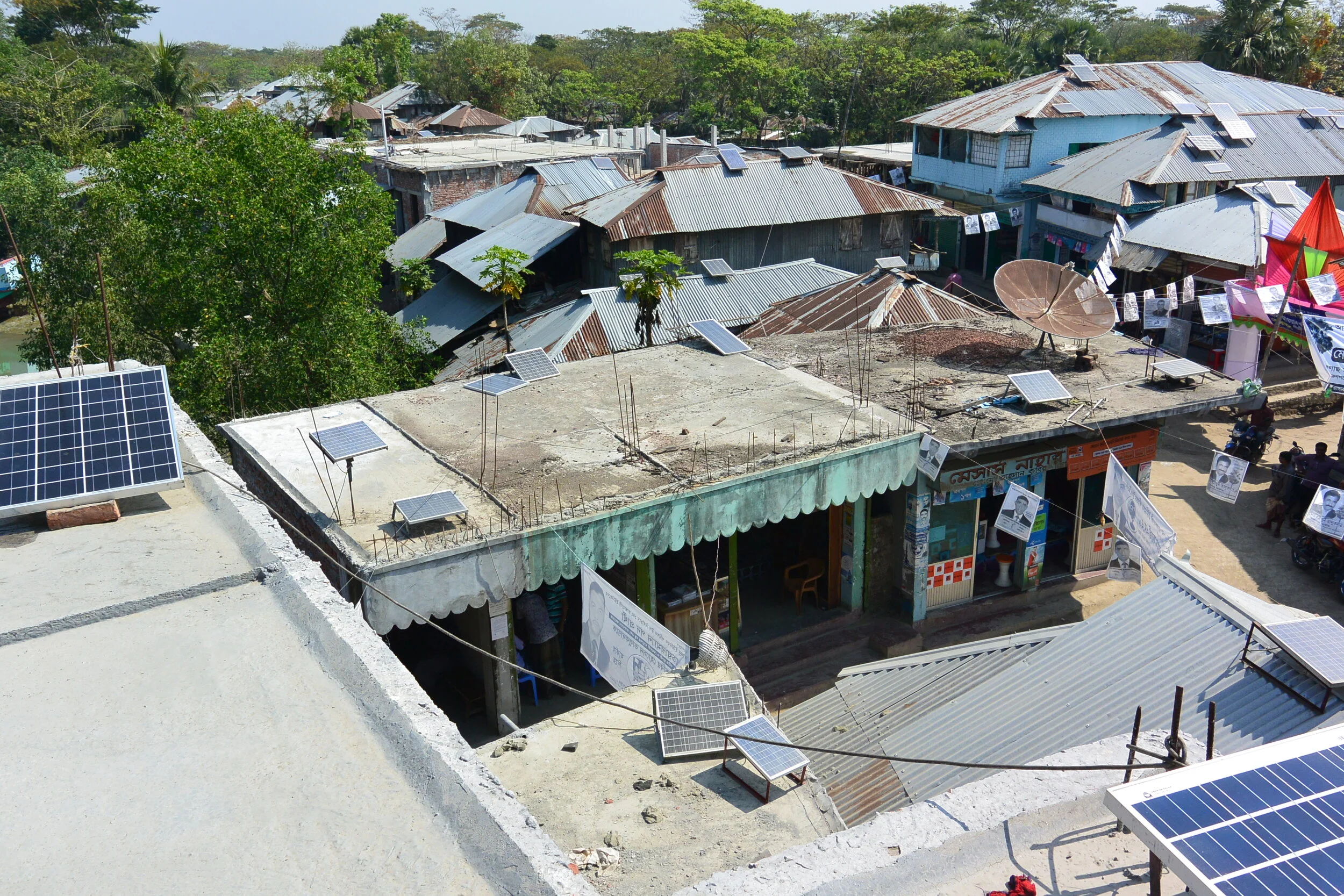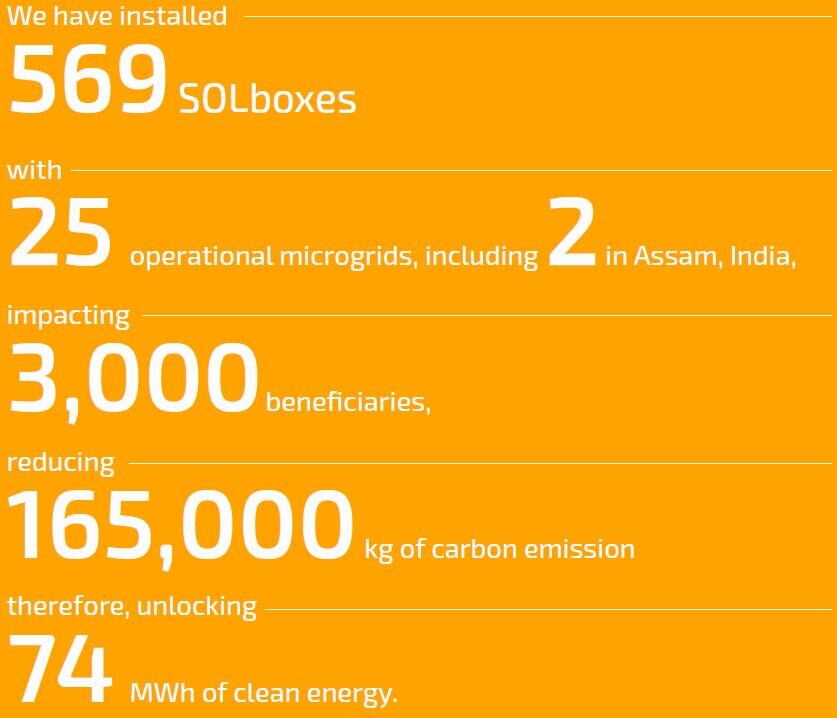SolShare
SOLshare’s signature product, the SOLbox, is a machine to machine (M 2 M) enabled integrated direct current bi directional power meter that forms one node of a peer to peer (P 2 P) solar microgrid. This enables refugees and low income communities to trade their solar electricity via a mobile money linked platform in Bangladesh.
Project: SolShare
Country: Bangladesh
It is estimated that there are currently around 50 million people with no electricity or security of supply in Bangladesh. Bangladesh also hosts ca 1 million Rohingya refugees. At the same time, Bangladesh is considered the market leader in solar home systems globally.
However, these systems remain prohibitively expensive for a large portion of people from the river islands of Bangladesh, provide limited opportunity for real economic community development, and have huge amounts of excess energy which get completely lost right now. SOLshare’s technology provides a solution which responds to the energy trilemma and benefits users through the opportunity to earn more, increases energy efficiency and allows productive energy use through appliances. This could be the critical and necessary step for resolving the refugee camp’s energy access problem eventually leading to grid integration and further strengthened by partnerships with local stakeholders.
SOLshare’s technology is comprised of an energy trading platform (the SOLgrid), a peer-to-peer solar micro-grid, that interconnects households and microbusinesses with and without solar home systems allowing users the freedom to use the energy as a producer, prosumer, or consumer. The SOLbox is a machine-to-machine (M2M) enabled integrated direct current bi-directional power smart meter that is the point of interconnection within the peer-to-peer (P2P) network. It is the precursor of the ‘swarm’ approach for sustainable rural electrification. The world’s first solar peer-to-peer grid was installed by SOLshare which has significant entrepreneurial benefits for all Solar Home System (SHS) users in remote and rural areas in Bangladesh and India where main grid electricity is currently unavailable.
The SOLshare model is fully aligned with the community. As the community grows, so does our revenue. The model constitutes a 3-step approach:
I. Access to Energy: the last mile of electricity distribution solved with clean, reliable, and affordable energy, as well as internet in the making.
II. Economic Mobility & Livelihoods / Market Development:
a. Skills training, including entrepreneurship.
b. Access to financial products and services.
c. Market linkages: access to new products, buyers, and suppliers.
III. Community Driven Development: with communities/community-centred organizations owning the SOLgrid, the income share earned from trading electricity is reinvested into improving healthcare and education services.
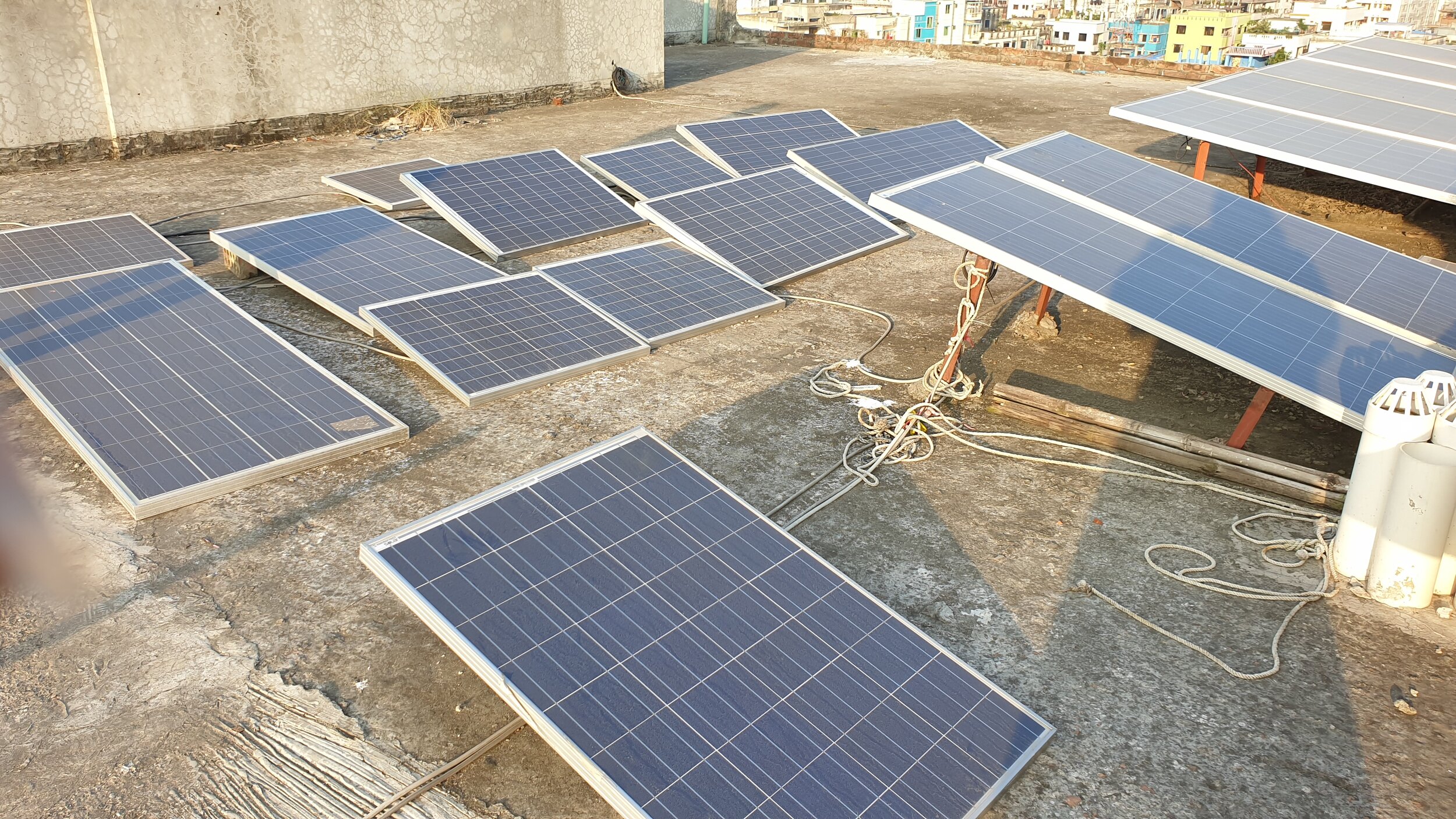
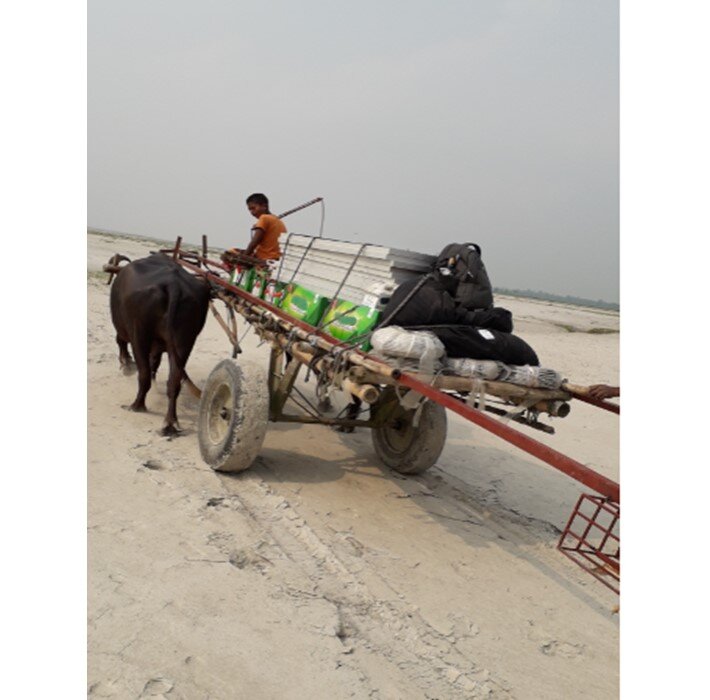
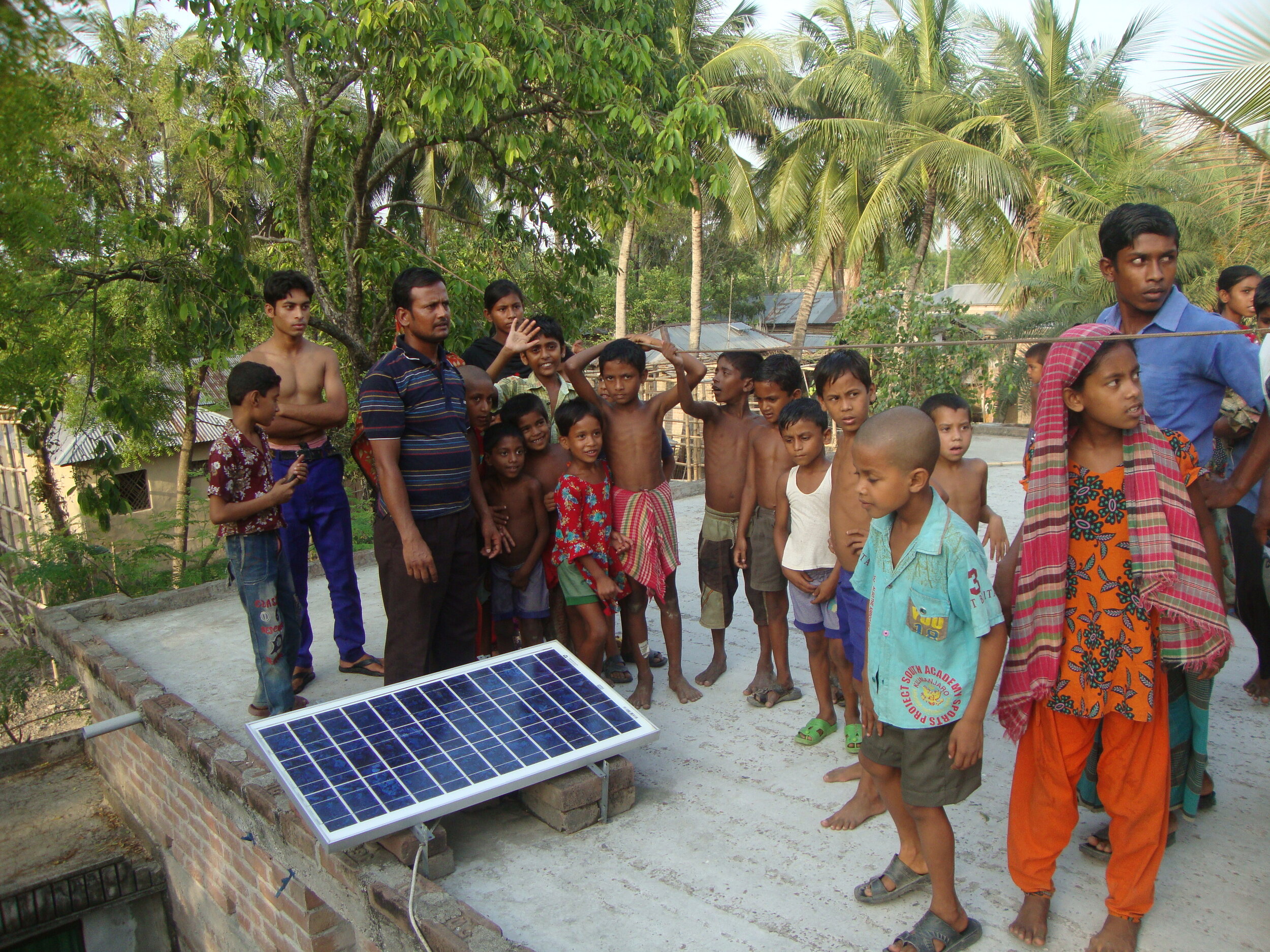
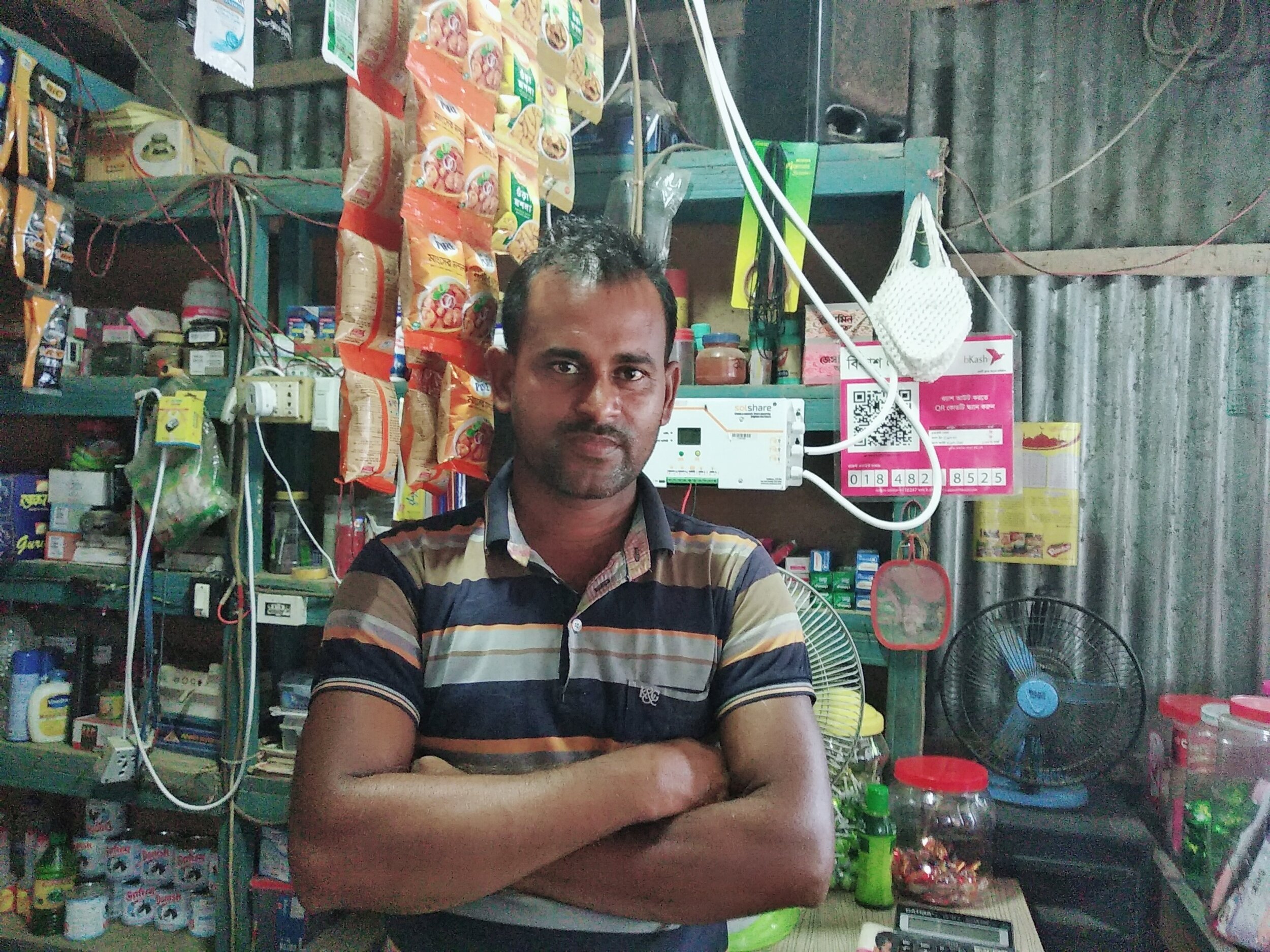
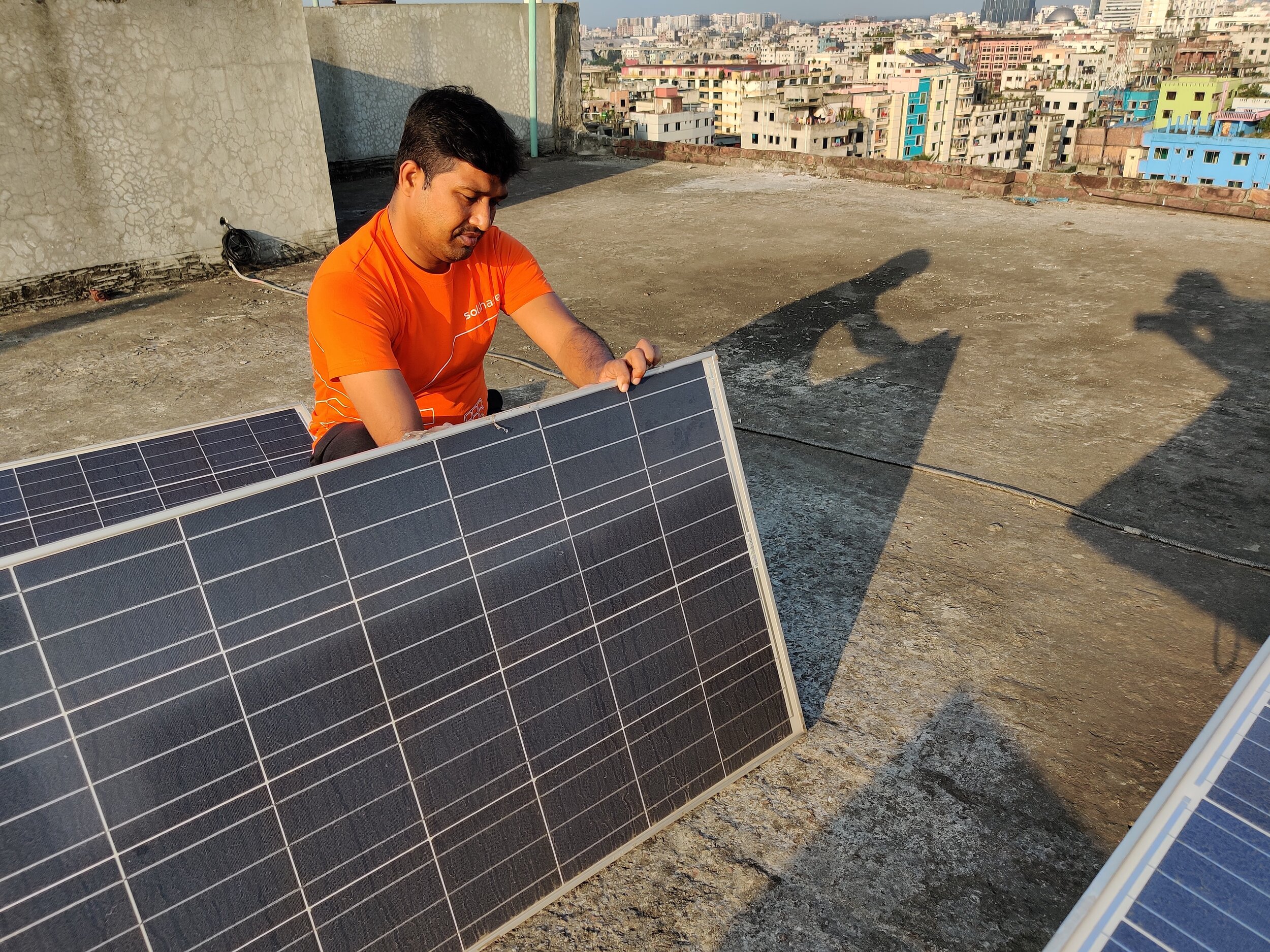
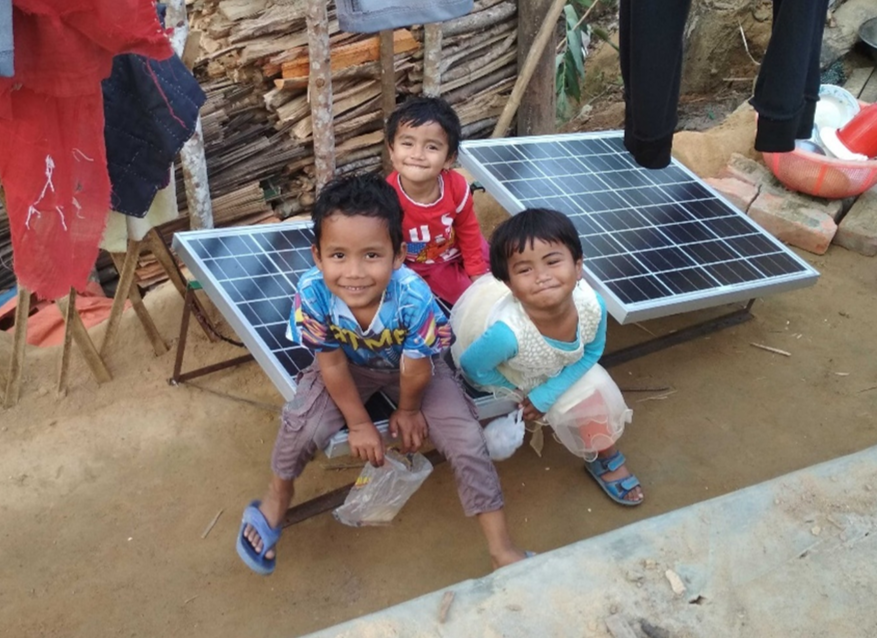
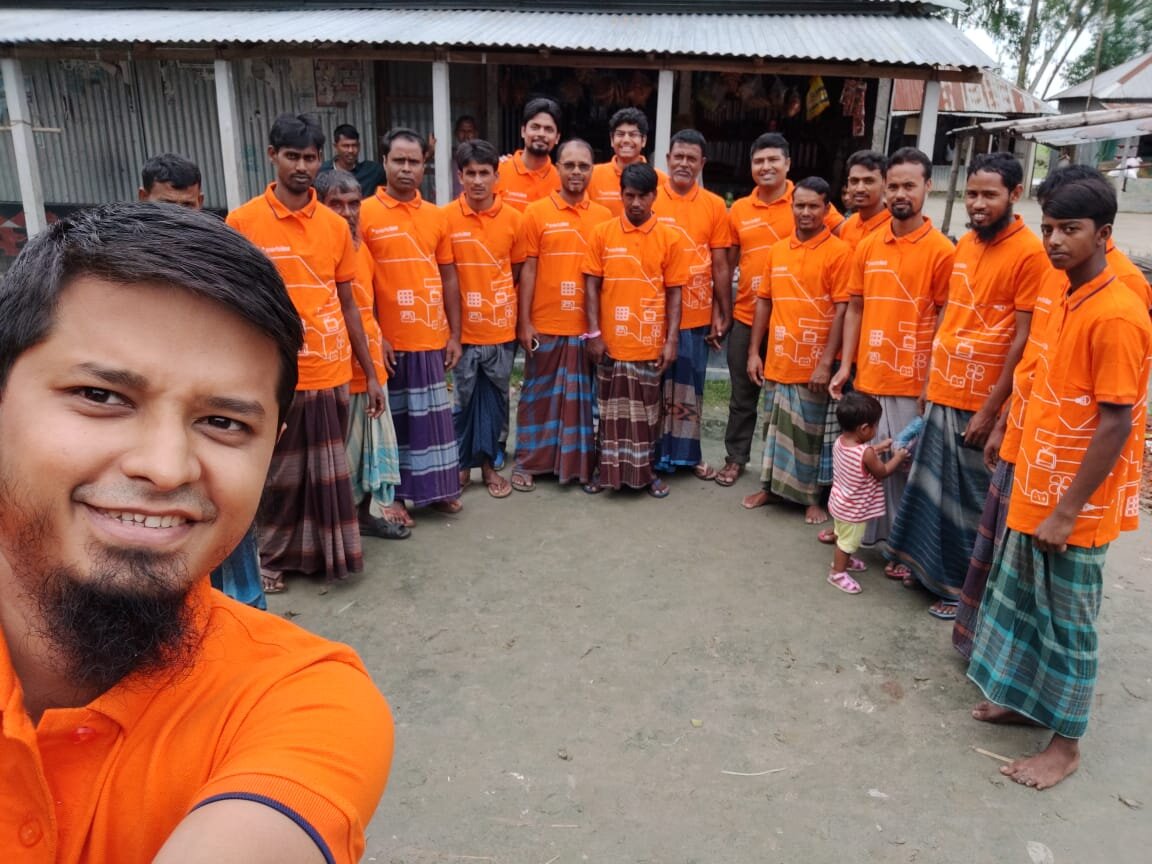
Adonis Musati Project
Assisting refugees with income generation projects in a vacuum that do not take into account the other challenges they are facing, often fail. This project supports refugees with transport stipends, childcare during training and start-up capital.
The Adonis Musati Project’s (AMP) mission is to empower marginalized refugees in South Africa through fostering sustainable support networks and encouraging personal development that achieves lasting change. To become self-sufficient and independent they need a holistic intervention that addresses all the barriers to accessing self-reliance. These barriers may include all or some of the following:
Little or no access to business and skills training and the funds required to enroll
Inability to speak English and thus qualify for enrollment on courses, find a job, or run a business successfully
Inability to access documentation due to inefficient and often corrupt immigration system or having documentation with limited validity thus limiting access to services including enrollment or training
Little or no funds for safe childcare to attend training or job search
Protection issues (poverty, intimate partner violence, dangerous living environment). Need for emergency social assistance such as food and rent as well as psychosocial support to process trauma and obtain freedom from dangerous, abusive, and exploitative situations.
Insufficient funds to pay for daily transport to and from training
Little or no tools and materials to start a business after training
Lack of ongoing support, mentoring, and encouragement when starting a new job or business
Solution & Project Description
Research confirms that assisting refugees with income generation projects in a vacuum that do not take into account the other challenges they are facing, often fail. This project thus aims to support refugees with the following:
Fees for skill training
Part or all fees for temporary childcare during training
Transport stipend to and from training
Financing Start-up “toolkit” e.g. sewing machine or small oven, to begin generating an income post training
A stipend towards a dedicated mentor who can assist the beneficiary with the challenges of training, starting a business, or finding a job
The project phases will include:
Initial assessment of an individual by a social worker or registered counsellor thus identifying particular needs and barriers to accessing self-reliance
Developing a tailor-made plan and timeline together with the beneficiary to address each barrier taking into account beneficiaries’ existing strengths and skills
Directing the individual to relevant departments for services as well as to other service providers for training (assisting financially where necessary). All training courses to incorporate or be accompanied by a basic business start-up or job readiness course to enhance success.
Mentorship and guidance from training through to business start-up
Continuous monitoring and evaluation of process
More information available at: https://www.adonismusatiproject.org/

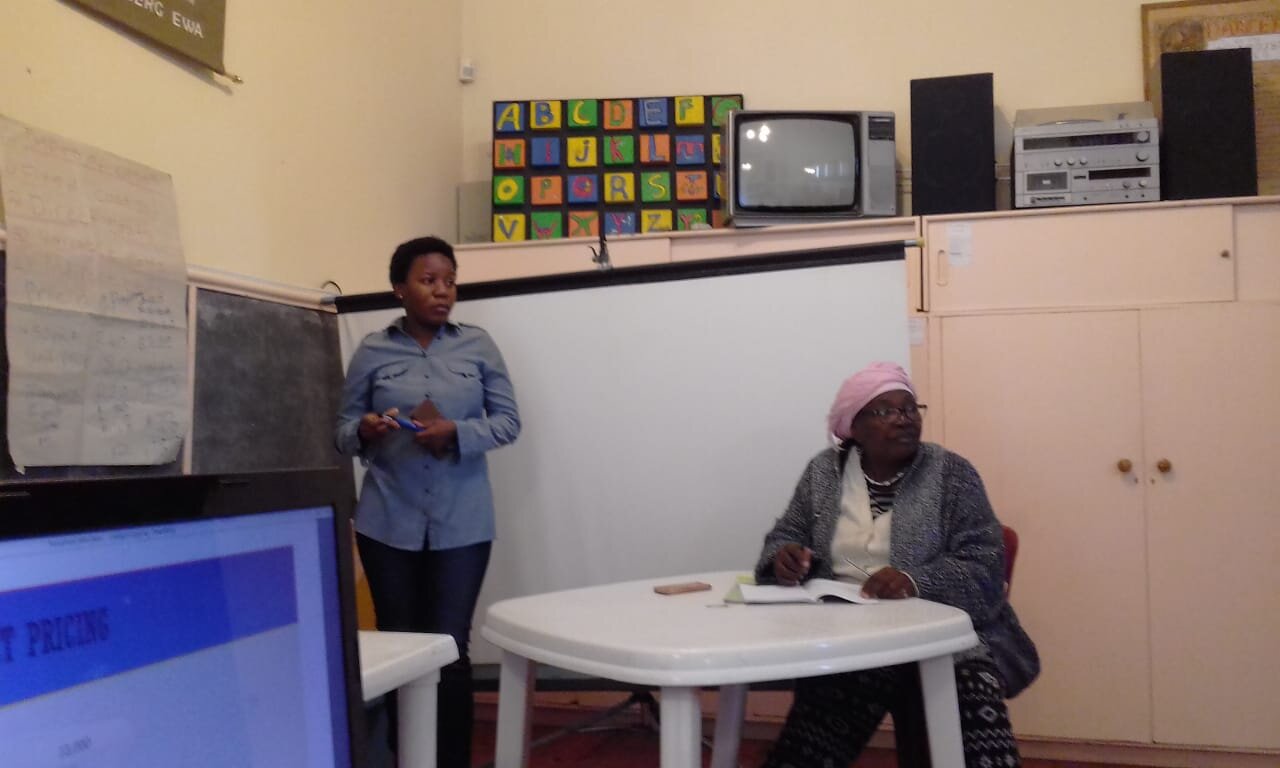
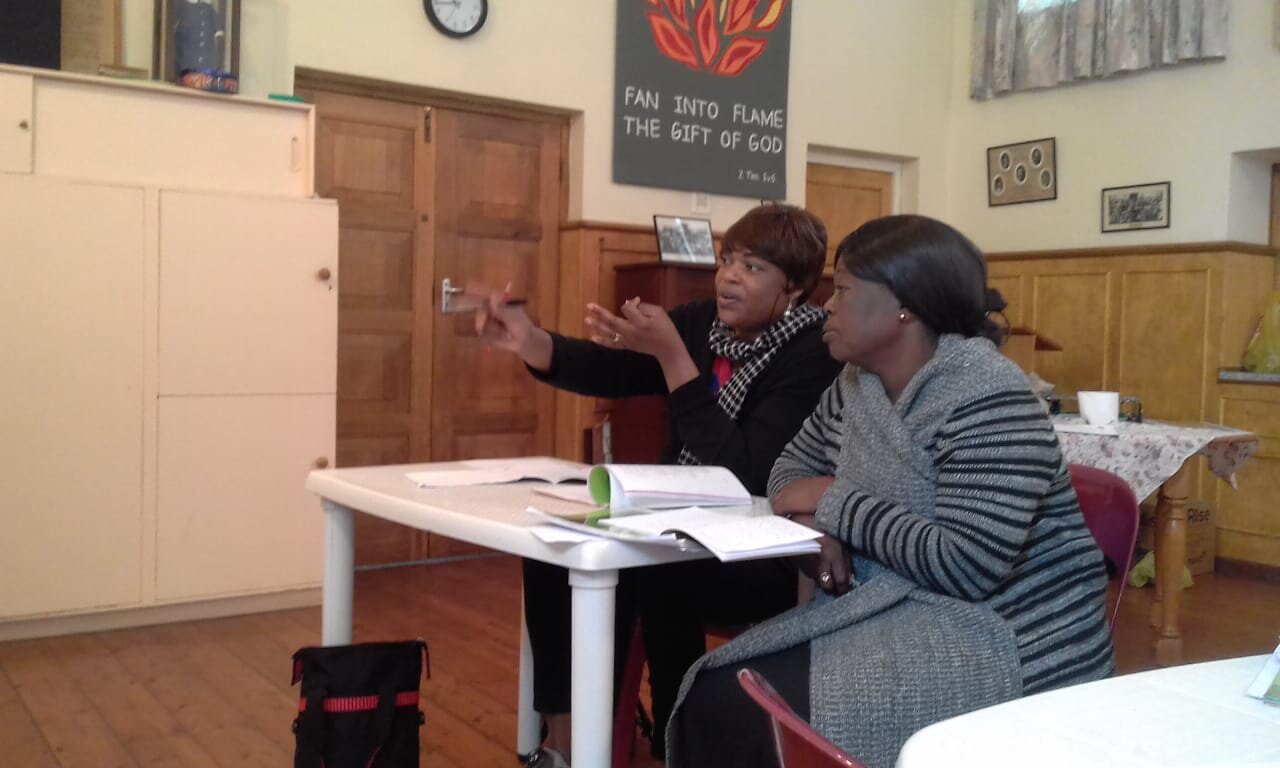
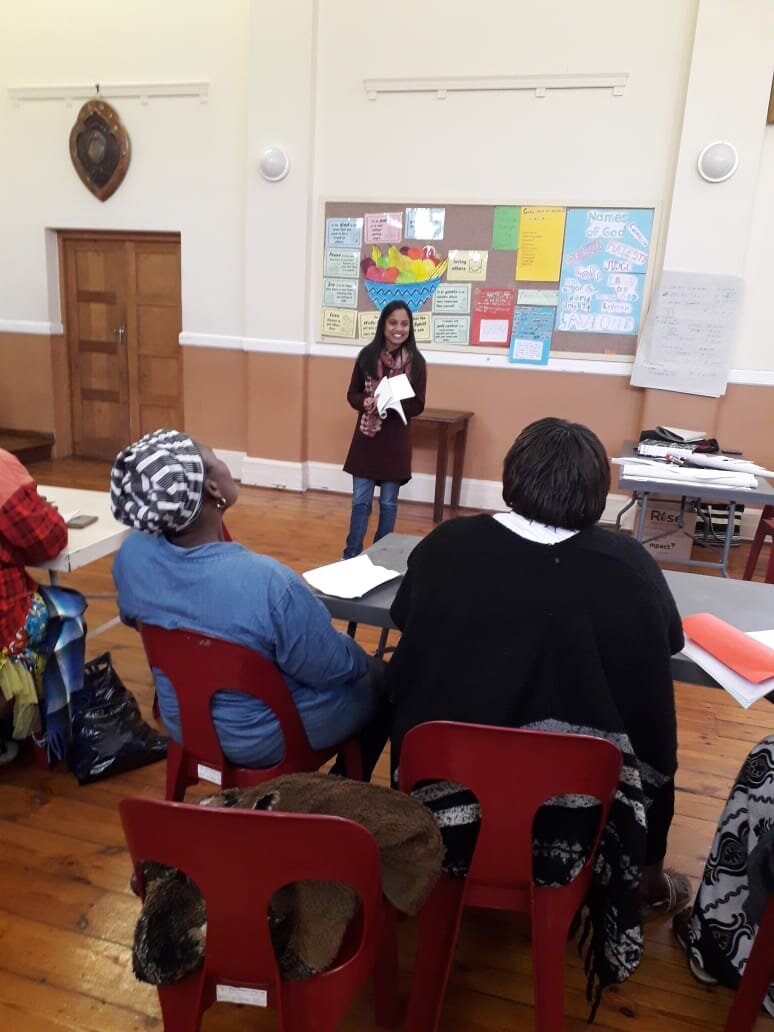
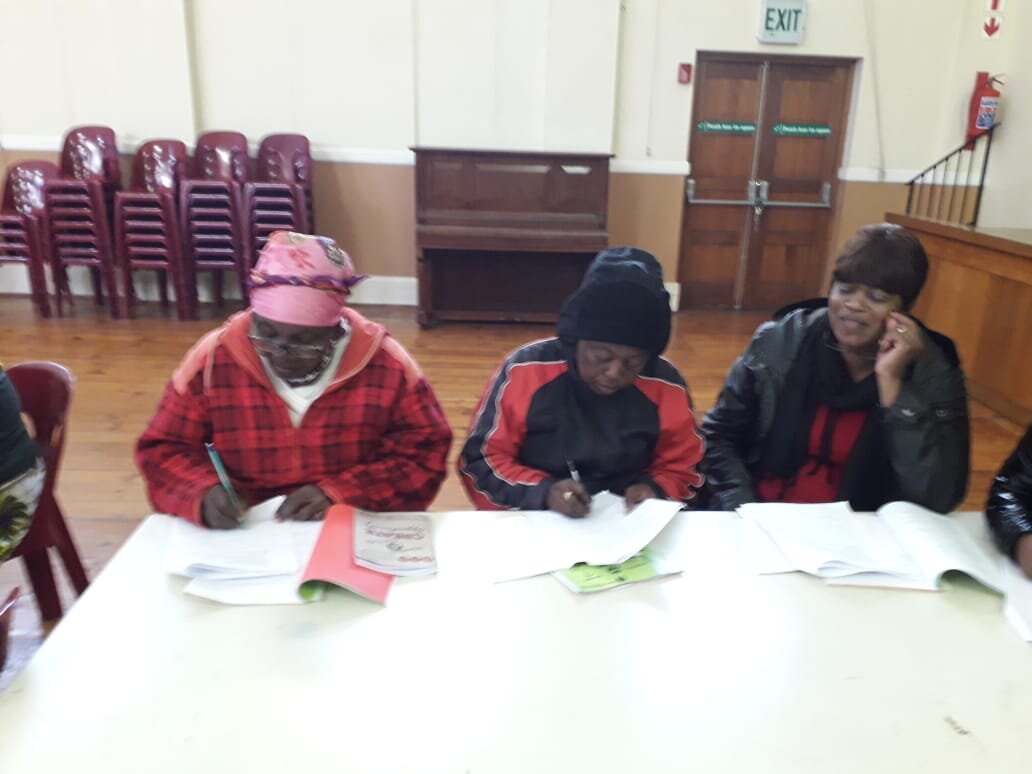
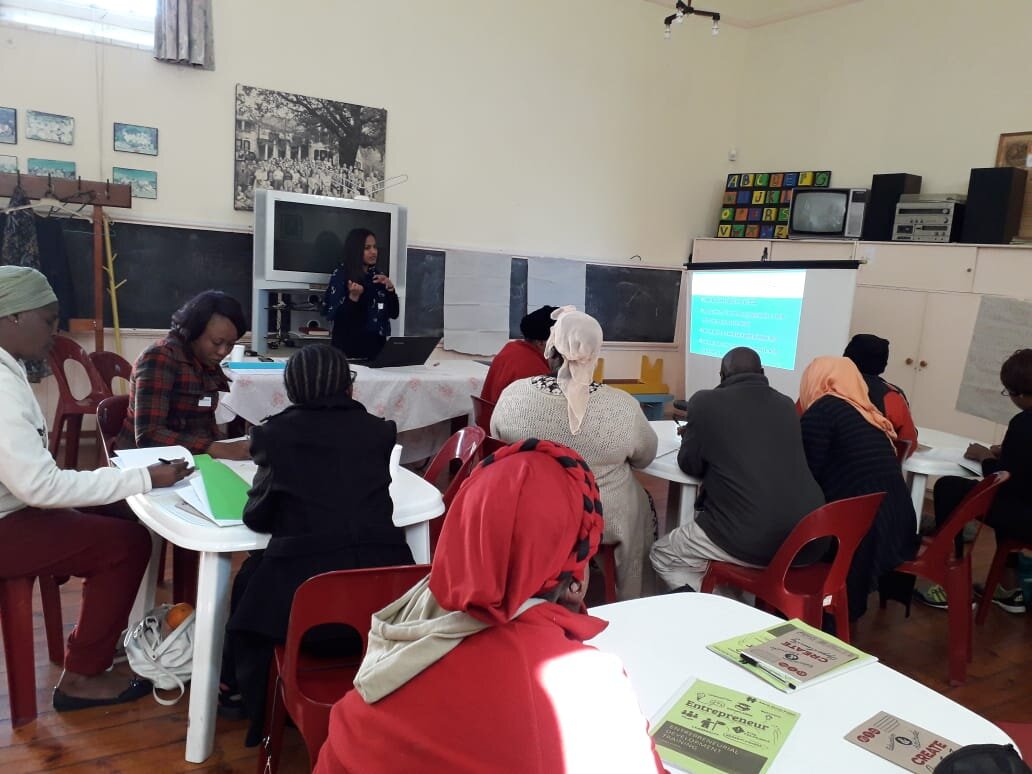
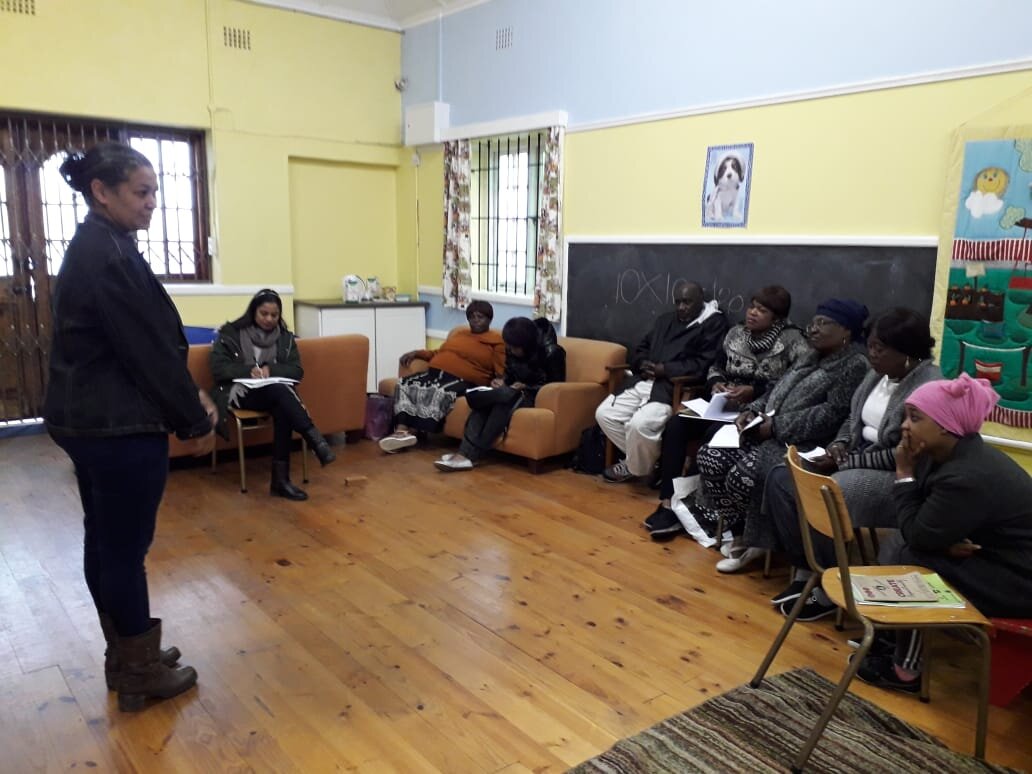



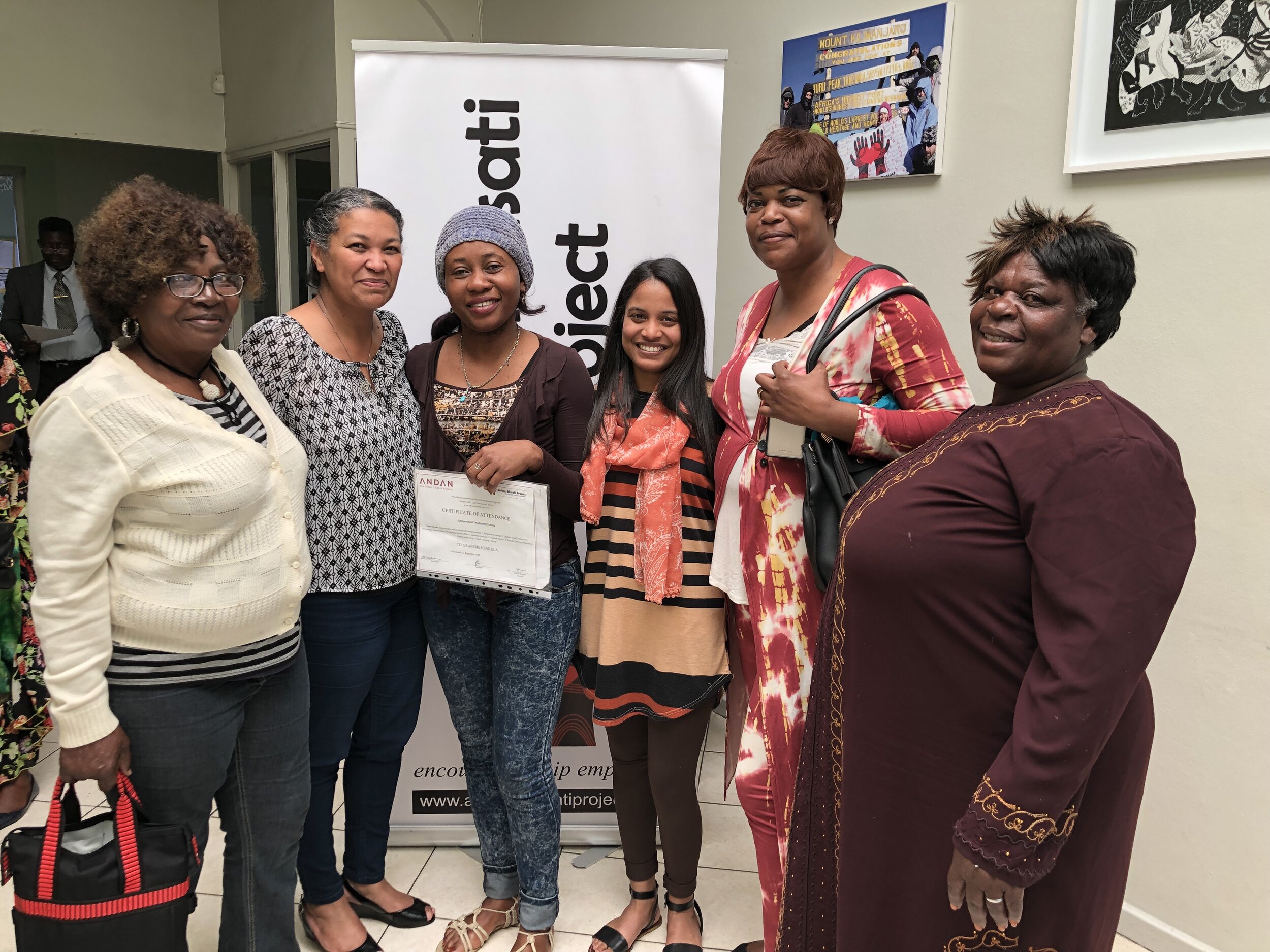
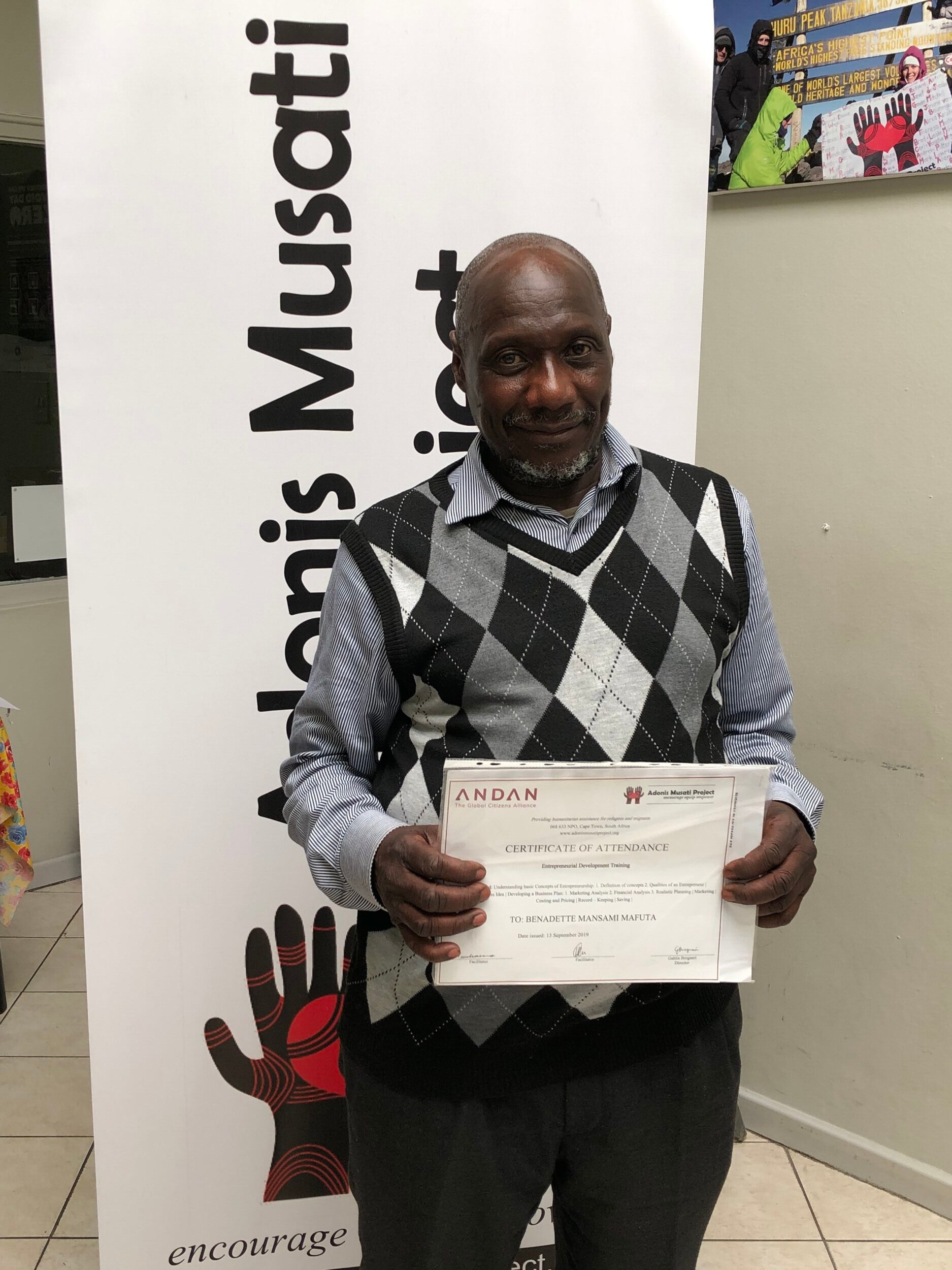
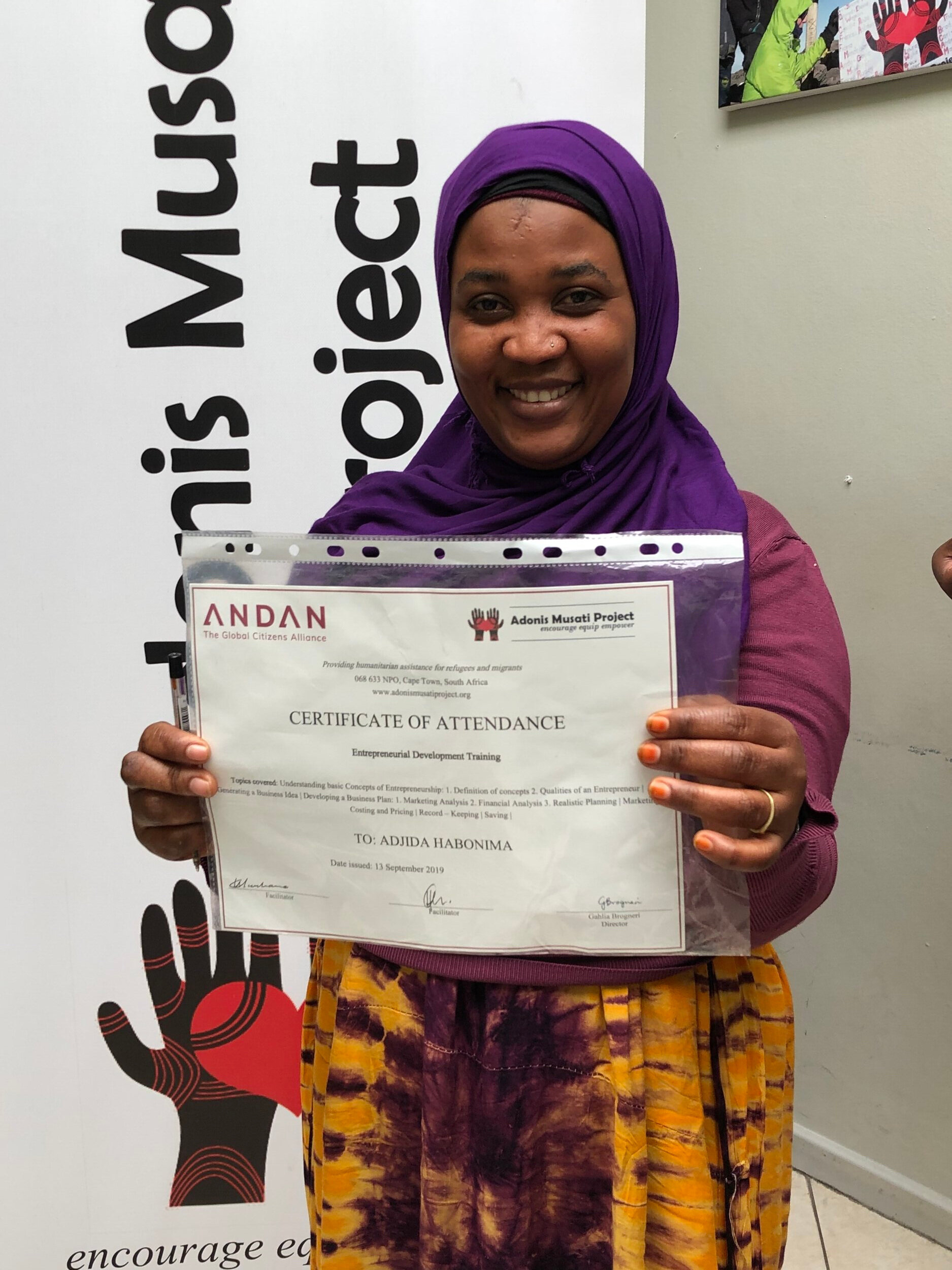
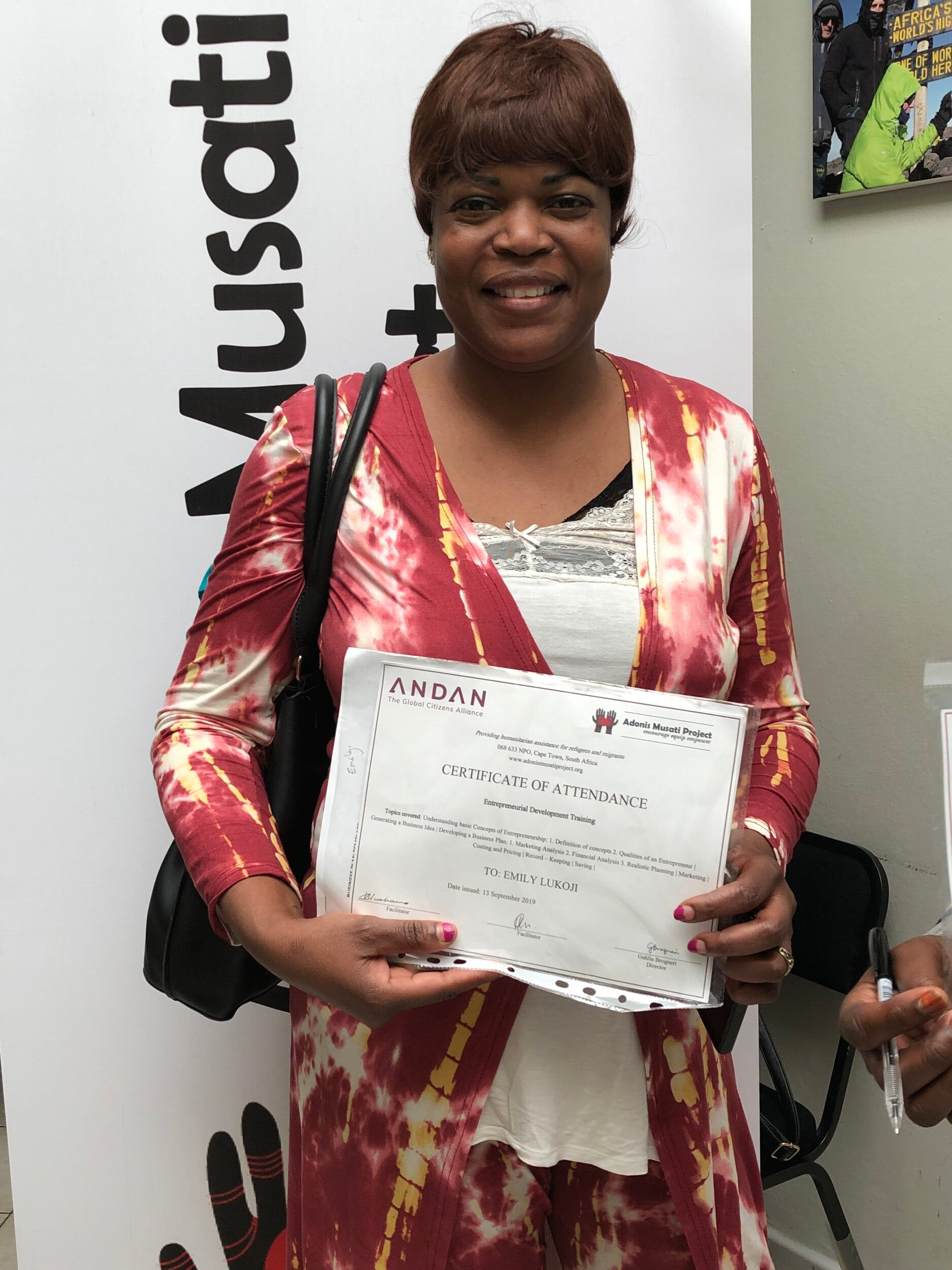
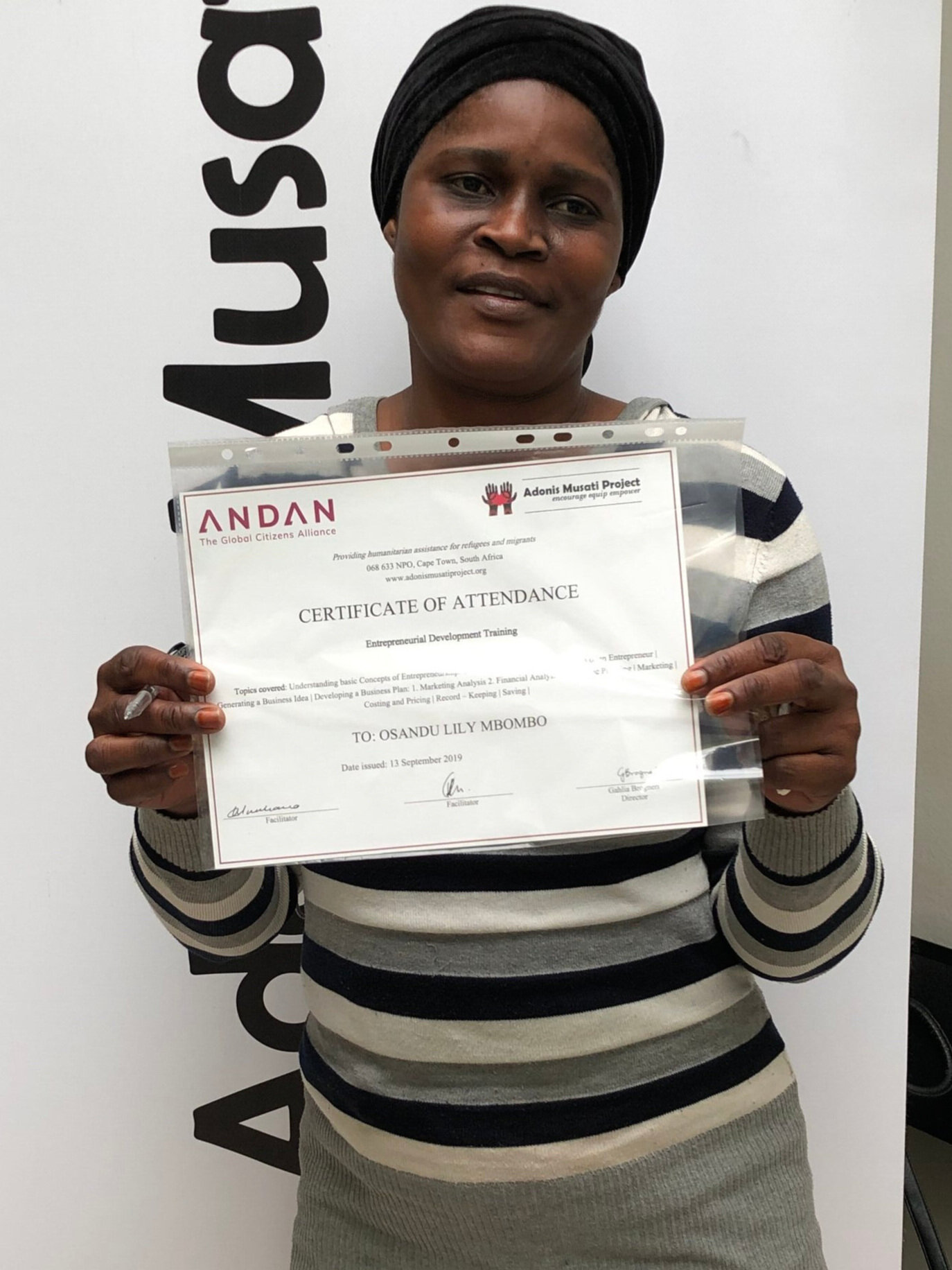
MADE51 - A new refugee artisan brand
The artisanal sector is now the second largest employer in the developing world and presents significant employment opportunities for refugees. In this project, artisans in refugee camps are connected to international markets and brands, as a means for income generation.
Project: MADE51 - A new refugee artisan brand
Country: Malawi, East Africa
Partner: UNHCR
MADE51, standing for Market Access, Design and Empowerment for refugee artisans, is a brand that connects talented refugee artisans with international markets to help them sell their unique and authentic hand-made products. UNHCR is scaling up this initiative to create a sustainable business model by creating artisanal “hubs” within refugee populations, growing their capacity, and providing seed capital and access to both local and global customer bases. It provides a route through which refugees can supply high-quality and market-ready products to customers worldwide and generate income for themselves in return
The artisanal sector is now the second largest employer in the developing world and presents significant employment opportunities for refugees. MADE51 – implemented in nine countries by UNHCR, the UN Agency for Refugees – offers a potential lifeline to refugee artisans in several countries around the world.
Indego Africa & MADE51
Project Description
In the first phase, 50 refugee women will receive on-site vocational training in the handicraft technique of banana leaf weaving. They will work on developing samples designed by Indego’s creative team in coordination with MADE51. These products will be marketed through Indego’s current channel (current customer base and online shop) and will also be marketed through MADE51. Artisans will then start fulfilling purchase orders for products and will begin generating income as soon as they master the skills to produce woven banana leaf bags at the quality/level demanded for the international export market.
In the second phase, program participants will begin Indego’s Basic Business Training program: a 25-lesson course that covers business topics including organizational governance, bank account management, bookkeeping, quality control, budgeting, marketing, and technology use. BBT will be taught by Indego Africa’s Program Manager who has extensive experience teaching the curriculum to students from varying educational backgrounds.

